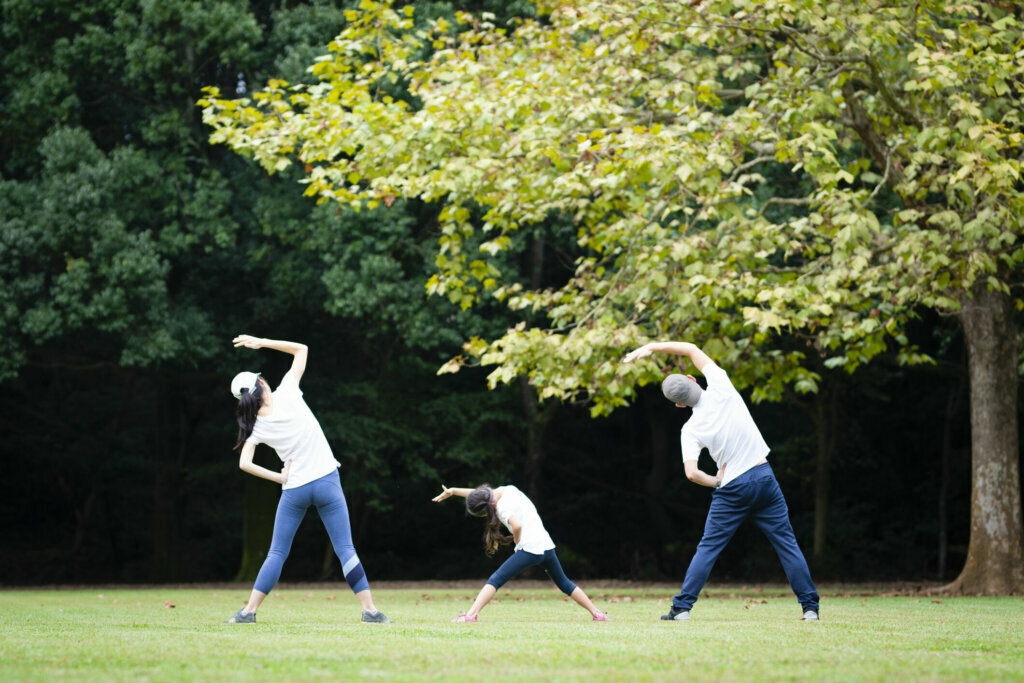
Most people consider being resilient as having the ability to bounce back from adversity, but with true resilience, people actually grow from the challenge, according to a Georgetown University professor.
Now more than ever, people should be working to build up resilience to external pressures. To use a medical analogy, he said it’s like what happens with bones.
“When we lift weights, we stress our bones, and that pressure, that challenge, actually strengthens the bone,” said Aviad “Adi” Haramati, a professor in the Departments of Physiology and Biophysics and Medicine at the Georgetown University School of Medicine.
Below is some advice from Haramati to help lead you down the road to resiliency.
Manage expectations
Just because you may have more time on your hands, doesn’t mean you have to be super productive. If you don’t meet goals you’ve set that are unrealistic, you begin to get hard on yourself.
“That’s not going to be helpful,” Hamarati said, pointing out that this is a time of unprecedented crisis. “The emotional toll that the crisis is taking is serious … recognize the situation we’re in and be realistic.”
- Sign up for news alerts from WTOP
- Where to get tested for COVID-19 in the DC region
- Coronavirus test results in D.C., Maryland and Virginia
- Coronavirus FAQ: What you need to know
- Coronavirus timeline: Key dates as the virus spread in DC, Maryland and Virginia
Be optimistic
Noting an observation made by Steven Southwick and Dennis Charney, also experts on resilience, Hamarati said a positive attitude was one of the key ways that prisoners of war survive.
To help foster a positive attitude, Hamarati recommends writing down one thing a day that gives you joy. He said it may be a recipe you made, a new idea you had or an exercise routine you accomplished.
At the end of the week, you’ll have seven. Share one of them with a group of friends or family members who also share one of their moments of joy.
“What happens when you begin to notice things that give you joy even in times of crisis, that provides a balance,” Hamarati said. “That sense of gratitude is actually healing.”
Establish a routine
You don’t necessarily need to have a 9-to-5 day anymore with a midday hour blocked out for lunch. Maybe your new routine could be to take a lunch-hour walk.
“Establish a routine that works for you,” Hamarati said.
Be compassionate with yourself and others
When people are stressed, they tend to snap at others and be short. And, because everyone’s at home, that means loved ones will bear the brunt of that.
Hamarati said try to recognize when that’s happening and think, “I know what I’m facing; everybody’s facing it.”
“And let’s just take it down a notch,” he said. “Be kind and be compassionate.”
If you feel as though you’re alone and need help, reach out to someone, such as a neighbor, family member or colleague, and talk about it.
“And, if somebody reaches out to you, certainly reach out back and help them,” Hamarati said. “This is a time to be super kind.”
Maintain connections
Call your family. Keep in touch with friends.
Being mindful helps manage uncertainty
No one knows what the future holds, but what you do know for certain is what’s happening this very moment.
Take a few moments to truly observe and appreciate where you are and what you’re doing, Hamarati said, whether it’s the warm splash of water in the shower, three bites of a meal or wind blowing during a walk outside.
“As we focus on the present that provides an important grounding for us and an anchor to say, ‘I don’t know what’s coming, but I do know where I am now. And where I am now, many times, is actually not bad,'” Haramati said.
You can see Haramati’s full discussion on self-care with MedStar Georgetown cancer specialist Dr. John L. Marshall online here.
Georgetown also offers a free five-minute meditation online.








